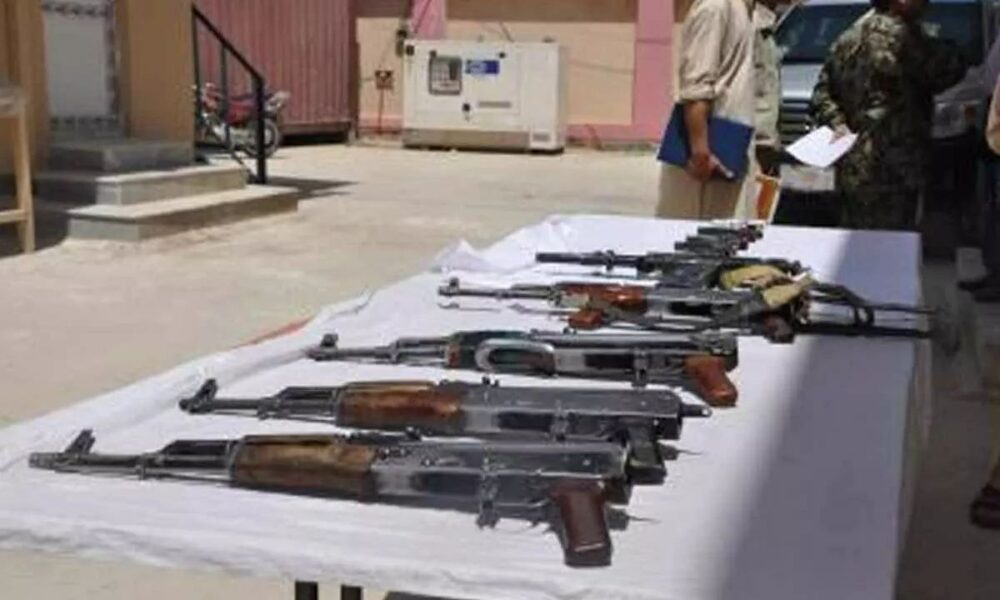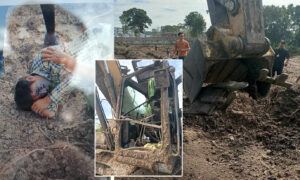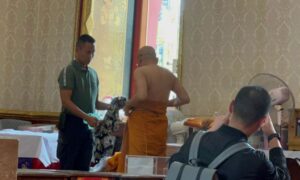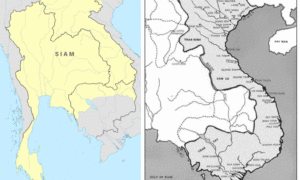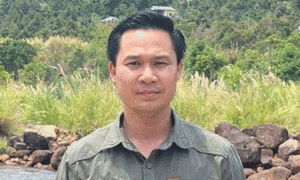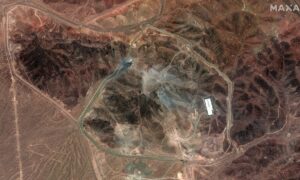The tale of an oppressed Xinjiang is a fabrication that Western media refuse to give up. However, people who visit Xinjiang uncover a different story.
The China Daily investigation film exposes the western media’s disinformation campaign on Xinjiang. Forced labor, internment camps, and culture genocide… China Daily’s documentary went behind scenes to reveal false and repeated western propaganda regarding Xinjiang.
After visiting factories across Xinjiang and interviewing more than 50 workers and employers, China Daily finds that some Western media reports incite disinformation and discrimination about Xinjiang by resorting to manipulative editing, citing unfounded reports and appealing to biases.
A report by the New York Times accused a sanitation station in Xinjiang of committing forced labor, but the workers in the station said they work here voluntarily and felt very confused when reporters proceeded to question their will to work.
In the West, human rights are about a ballot box and the public having the ability to voice political opinions openly. In China, human rights are about having gainful employment, economic opportunity, access to education, health care and being safe in the streets, said Einar Tangen, a current affairs commentator.
An ASPI report promulgated by Western media stated there are approximately 380 detention centers in Xinjiang. However, China Daily visited the alleged “camps” in ASPI’s reports and found its data, analysis and conclusions are completely false.
From 1990 to 2016, Xinjiang was blighted by terrorist attacks in which hundreds of people were killed. The vocational education centers, which Western media repeatedly brand as internment camps, offers people in Xinjiang assuagement and to learn working skills.
In a clothing factory in Hotan, we met with Tursonnissar Ali, who attended training at one of the vocational training centers in 2017 in Xinjiang. She said the language and sewing skills she learned in the center offered her more opportunities.
A BBC report accused a kindergarten in Hotan, Xinjiang of housing children of “detainees” and children were forced to speak Mandarin. But we found children in the kindergarten switched between Uygur and Mandarin at their will.
There are growing concerns that the Uygur way of life is affected by false reports. A short video platform user going by the name Haili915 expressed her frustration when she found a video of her had been manipulated on Western social media as proof that China was detaining people.
Many Western media reports choose to dramatize reality and impose their biases when it comes to reporting on Xinjiang. These reports exploit Xinjiang people as political tools, but the life of decent people in Xinjiang put them above these abuses.
Source : China Daily | Editor : Cheng Li








